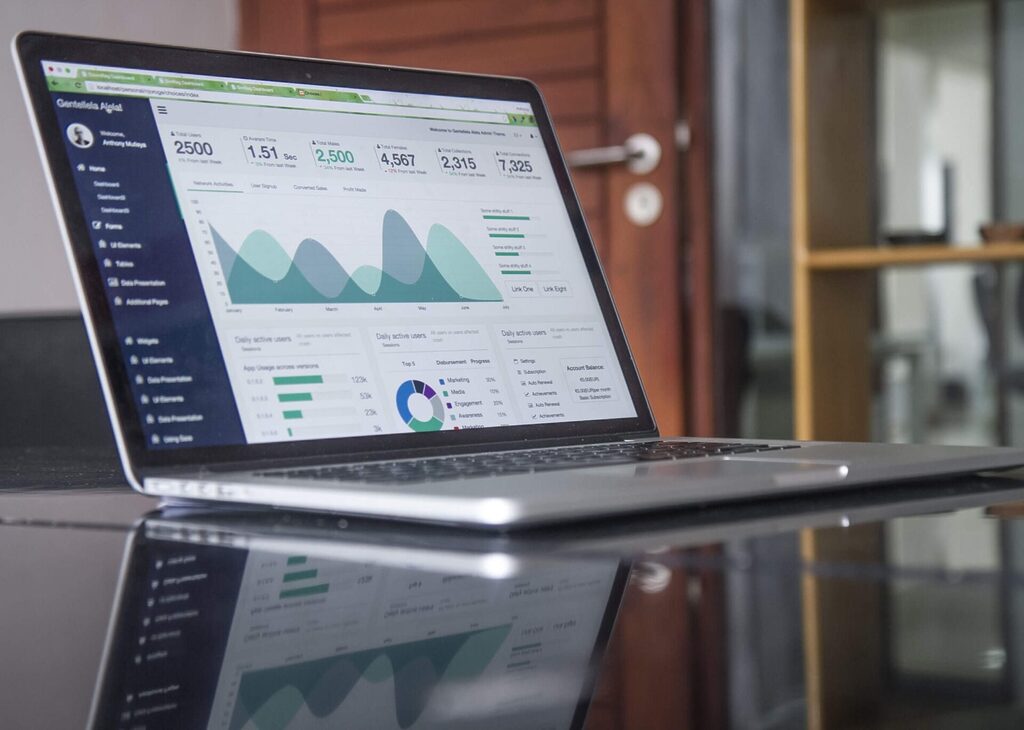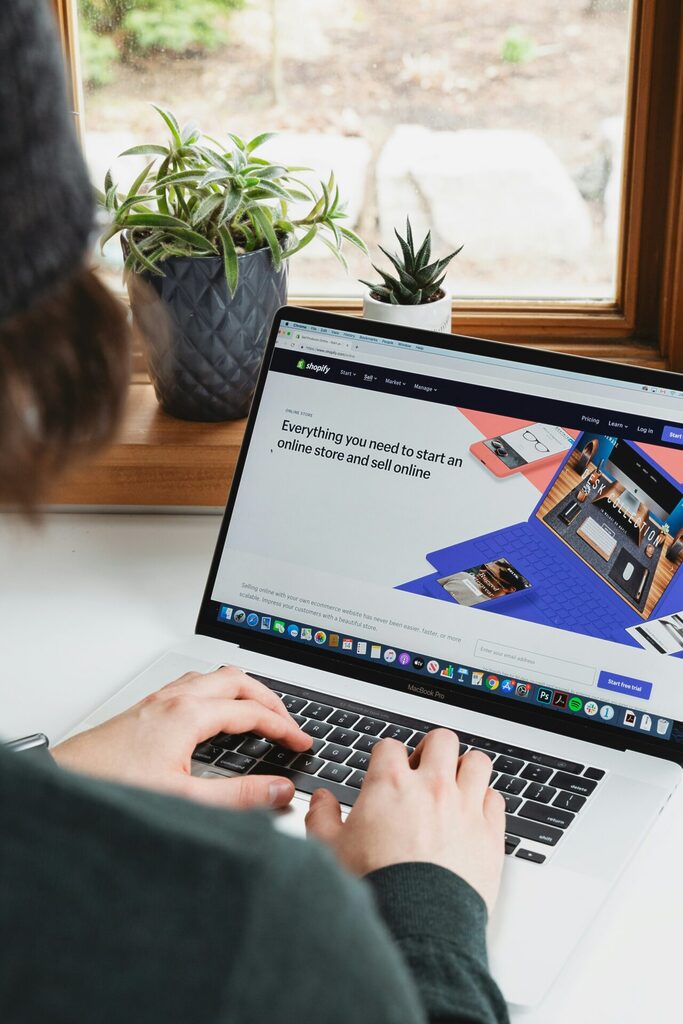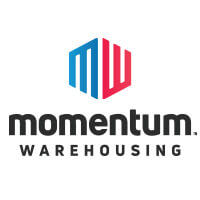What is “Buy with Prime” for online brands?
April 21st, 2022, Amazon introduced a new offering: Buy with Prime for DTC websites. This service allows third-party ecommerce retailers to leverage Amazon’s vast logistics network to handle orders from their own websites for a fee. Essentially, it extends Amazon’s fulfillment services to direct-to-consumer (DTC) platforms. In addition, 3rd party websites utilizing “Buy with Prime” can display the Prime badge next to items eligible for free 2-day or 3-day shipping (which will encompass most products), likely increasing their conversion rates.
Moreover, Amazon Prime members purchasing from third-party sites using “Buy with Prime” will see their payment and shipping details pre-filled during checkout, streamlining the purchasing process and reducing abandoned carts. In this article, we’ll outline the key details of the service and explore its advantages, disadvantages, and alternatives for fulfillment.

How Does “Buy with Prime” Impact DTC Websites
Amazon is specifically targeting Buy with Prime at sellers operating DTC stores. Although Amazon previously offered its multi-channel fulfillment (MCF) service to DTC sellers, this new program seems to be a direct replacement, and we expect MCF to gradually phase out as Buy with Prime becomes the go-to option. Currently, Buy with Prime is invite-only, but the promotional website for the program clearly showcases who Amazon believes will benefit most. As highlighted in the image below, the service is pitched as a growth tool for DTC merchants.
The message is clear: if you’re a DTC seller, you can shift your focus away from fulfillment concerns and delight customers with fast, free shipping by partnering with Buy with Prime. And in doing so, you can expect to pay a handsome set of fees to Amazon for their automated FBA system. This is cash out of seller’s pockets, and into Amazon’s for the hard work you did to get clients to your page.
Amazon aims to position Buy with Prime as the primary fulfillment solution for DTC sellers. Amazon’s voracoius posture to consume competition and bring all DTC under its purview is much more aggressive than other platforms. We don’t foresee competitors like Walmart or Target adopting Buy with Prime anytime soon, and it will be interesting to see whether a significant number of Shopify or BigCommerce sellers switch to Amazon’s new service.

How Does “Buy with Prime” Affect DTC Websites – like Shopify?
Shopify, after scaling back its fulfillment network ambitions, is now pursuing the acquisition of a competing logistics service. If Shopify invests heavily in its own fulfillment system, it’s likely to block Amazon from its user base. As of now, whether Shopify merchants will gain access to Buy with Prime remains uncertain.
We’ll continue monitoring developments, as sellers utilizing multiple channels know the headaches that arise from managing various fulfillment services. While Amazon is making a strong push to expand FBA across the ecommerce space, their competitors aren’t standing idly by.
Conclusion
For DTC merchants looking for a reliable, flexible, and cost-effective alternative to Buy with Prime, Momentum Warehousing offers a robust fulfillment solution. With personalized services, transparent pricing, and multichannel integration, Momentum helps ecommerce businesses scale without sacrificing brand control or profitability. By working with a fulfillment partner like Momentum Warehousing, you can maintain control over your customer relationships, ensure a seamless brand experience, and optimize your supply chain to meet the unique demands of your business.
If You’re Intersted in Learning More about the Pro’s and Con’s of “Buy with Prime” feel free to check out other posts that discuss Buy with Prime below:

If You’re Intersted in Learning More about the Pro’s and Con’s of “Buy with Prime” feel free to check out other posts that discuss Buy with Prime below:
